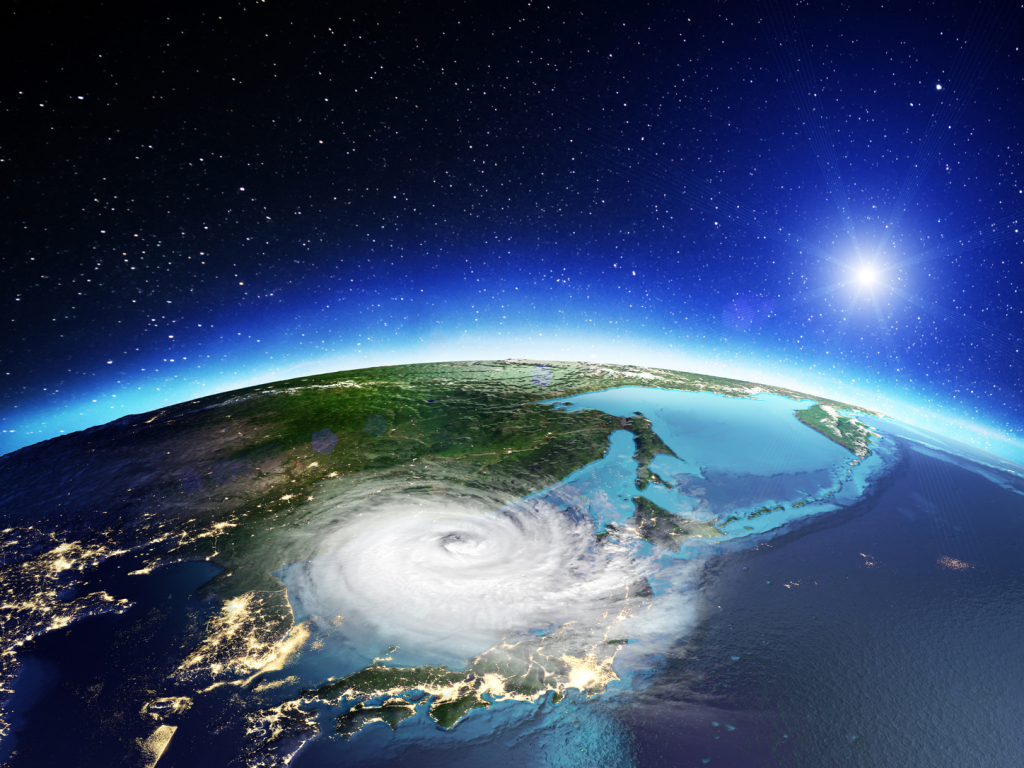After Typhoon Faxai battered Tokyo on the eve of Sunday, September 8 – just 12 days out from the 2019 Rugby World Cup’s inaugural game – concerns have arisen about the tournament’s disaster preparedness.
A barrage of record-breaking winds – rattling at over 100mph – and torrential rainfall landed on Japan’s capital, bringing the entire city to a standstill. England’s rugby team was “stranded” in Heathrow airport, while Australia was forced to delay their departure to Japan by 24 hours. The French team landed just in time to avoid the storm. The backroom staff of international rugby teams tend to have World Cup preparations down to an exact science these days, so any delays or discrepancies in their timelines likely cause an unwelcome disruption.
Disaster Season
Delayed arrivals may not affect the grand scheme of things in the tournament at large, but the arrival of a similar storm during the competition – which is not all that unlikely, especially throughout late September – could throw an unprecedented spanner into the works.
Let’s take a moment to remember the typhoon that knocked out Kansai airport in September 2018, and another which unleashed its wrath upon much of the country bringing a halt to transport proceedings in cities as far apart as Sapporo and Tokyo.
It will affect the World Cup, there is no doubt about it.
And Japan being a seismically active region adds to the drama. After said typhoon struck Sapporo (which hosts World Cup matches on September 21–22) last year, Hokkaido – almost immediately – experienced an earthquake as large as any it had seen for some 60 years.
Generally, Japan is well prepared for disasters of all sorts, and the traveling fans can thank their lucky stars as such. But if a roaring typhoon or monstrous quake strikes, how could it affect tournament proceedings?
The Permutations
Current England Head Coach Eddie Jones recently told reporters, “It will affect the World Cup, there is no doubt about it. The issue is that you can’t go outside because everything shuts down. You just have to be able to ride with it and be adaptable.” As a man who spent six years in the country, first at the helm of Tokyo-based Suntory Sungoliath before coaching the Japan national team, he is well acquainted with the erratic weather of the Japanese autumn.
England, and many of their competitors, have contingency plans for indoor training in the event of seriously inclement weather, and the tournament organizers have included back-up venues if a game has to be rescheduled on short notice.
Where the concern really lies, is how it could potentially affect standings at the end of the tournament’s pool stages.
Where the concern really lies, is how it could potentially affect standings at the end of the tournament’s pool stages. If a match is delayed as a result of a natural disaster, it has to be rescheduled for the same day. If this isn’t possible, then the match will be “cancelled,” resulting in a 0-0 draw. Each team will be awarded 2 pool points for the draw.
If you are one of the World Cup minnows, you may be praying to the weather gods for a bit of typhoon-shaped mischief, conveniently as you are about to take the field against one of the top-tier nations (think Namibia vs New Zealand on October 6). 2 points each thank you very much.
Frankly, it doesn’t seem quite fair that a team could drop 3 points (it’s 5 for a win) as a result of something entirely out of their hands. Especially in a game that, with all due respect, they are going to win.
Going into the final stages of the competition, there is a little wiggle room however. According to World Rugby’s official rulebook for Japan 2019: “Where a knock-out match cannot be commenced on the scheduled match day, it will be considered as postponed, and will be re-scheduled to be played within the two days following the scheduled match day, or such longer period as determined by RWCL (Rugby World Cup Ltd).”
The Upshot
This will help some breathe a sigh of relief no doubt, but if one of the tournament favorites gets knocked off their perch in the early stages of the competition, due to fierce weather, in a nation that’s known for it, during peak season, questions will need to be answered.
Modern professional rugby seasons are long-winded and take an increasingly physical toll on players’ bodies; simply shifting the tournament back or forward by a couple of months is easier said than done.
Ultimately, a match cancellation is the worst-case scenario, and I don’t expect the bookmakers to have it odds-on. But the World Cup is a momentous occasion for Japan and the pinnacle of international rugby. It would be a shame to see something like this mar one of professional sport’s greatest spectacles.









